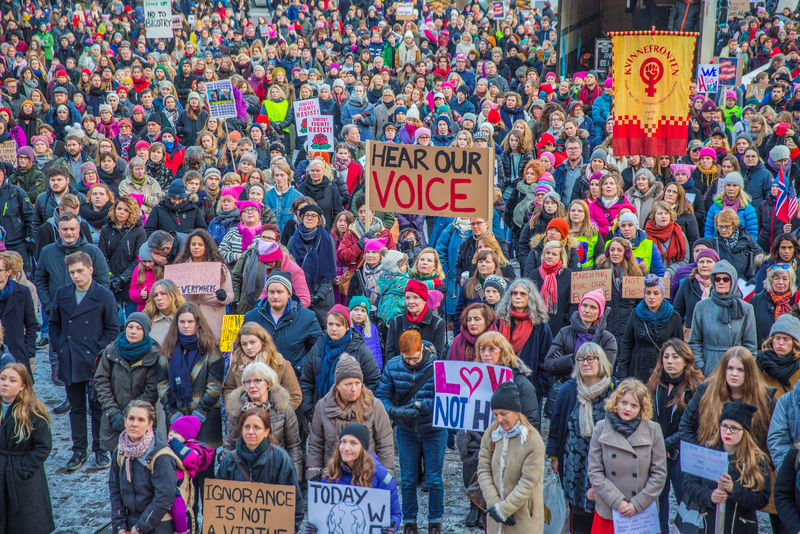AMSTERDAM (Reuters) - The Netherlands is launching a global fund to help women access abortion services to compensate for U.S. President Donald Trump's ban on U.S. federal funding for foreign groups providing abortions or abortion support for family planning abroad.
The Dutch government has held preliminary discussions on the initiative with other European Union members who have responded positively, a foreign ministry spokesman said on Wednesday. Governments outside the EU, companies and social institutions will also be approached to participate.
Trump on Monday reinstated a policy that requires foreign NGOs who receive U.S. global family planning funds to certify that they do not perform abortions or provide abortion advice as a method of family planning.
Dutch officials estimate that Trump's restrictions will cause a funding shortfall of $600 million over the next four years. Women's rights and health campaigners have reacted with anger at Trump's move. They say restrictions on abortion endanger women's lives. Trump has also pledged to withdraw funding from U.S. domestic abortion services.
The policy was announced on Tuesday by Liliane Ploumen, minister for international development cooperation, whose Labour Party - the junior coalition partner in the government - is traditionally staunchly favor of abortion rights.
The Netherlands's laws on reproduction and reproductive health are among the world's most liberal. The Dutch vote in parliamentary elections in March.
Foreign ministry spokesman Herman van Gelderen said he was confident relations with the new U.S. administration would not be damaged by the measure.
"Where decisions are taken that are bad for women in developing countries we should help those women," he said. "It's not about the politics, it's about those women."
The policy also prohibits U.S. federal assistance for foreign groups that use non-U.S. funds for those abortion services or lobby foreign governments to legalize abortion, according to the Kaiser Family Foundation, which looks at U.S. global health policy.

Intermittently implemented by U.S. governments since 1984, Barack Obama lifted the measure at the start of his own presidency in 2009. It does not apply to abortion or abortion advice in cases where a pregnancy is a risk to the life of the mother or has resulted from incest or rape.